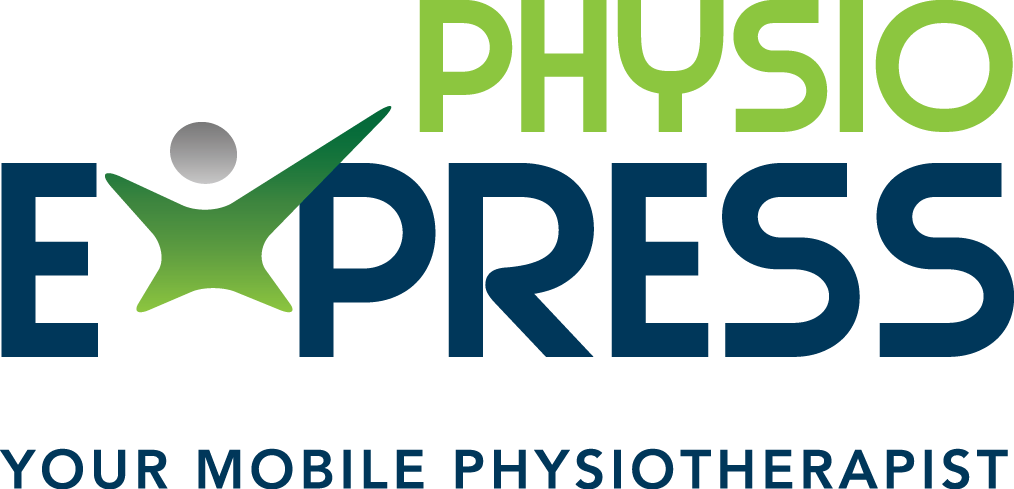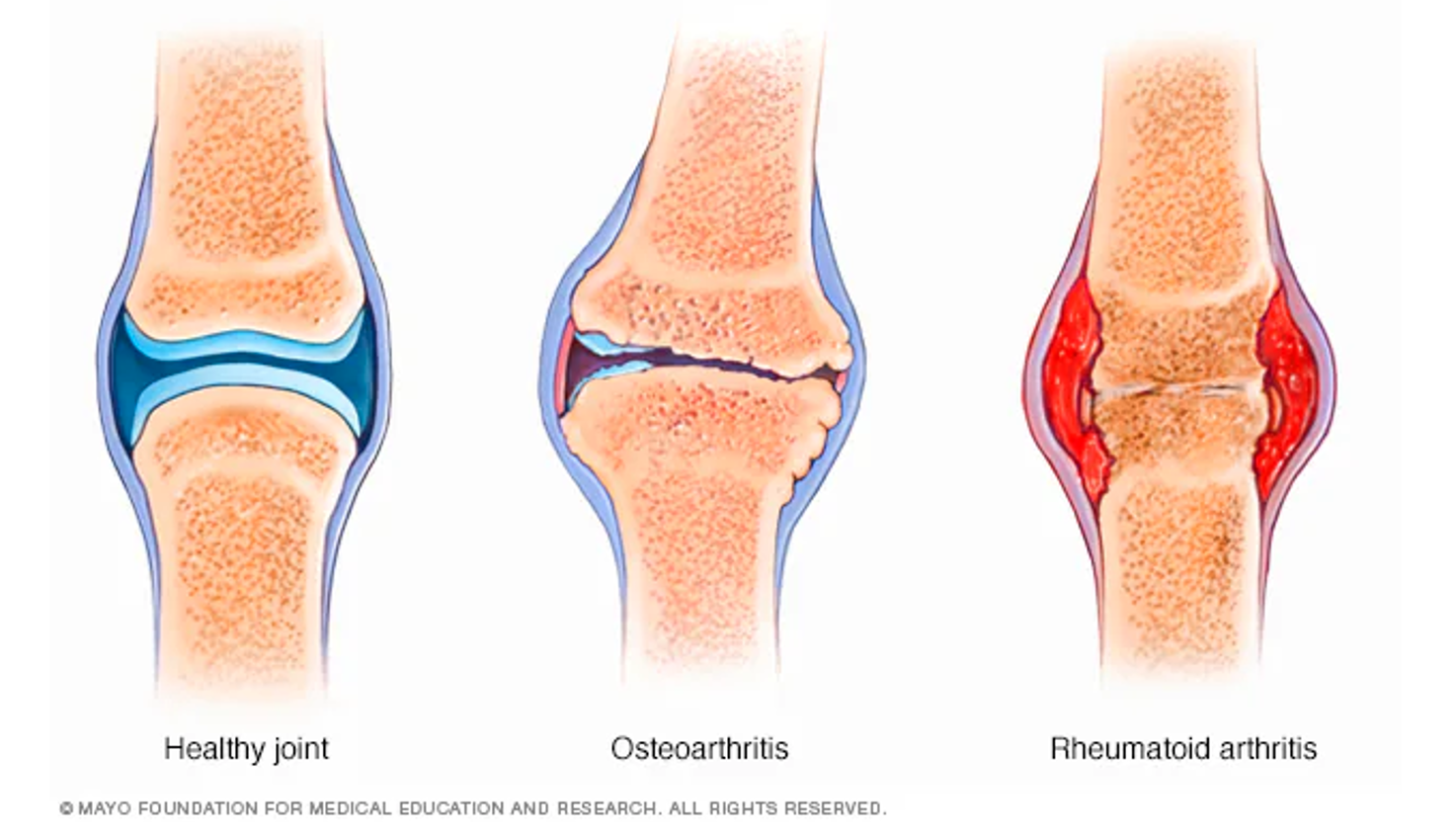Rheumatology
What is Rheumatology?
Rheumatology is a branch of medicine that specialises in painful and often inflammatory conditions affecting the joints and the musculoskeletal system of the body.
COMMON INFLAMMATORY RHEUMATOLOGIC CONDITIONS:
-
This is a chronic autoimmune condition which affects the joints of the body. The body’s own immune system attacks its own tissue, resulting in the presentation of rheumatoid arthritis. Symptoms of RA include pain, stiffness, swelling and loss of function of joints. This most commonly affects the wrist and fingers.
-
Gout is the most common form of inflammatory arthritis. Gout is caused when there is a buildup of uric acid in the bloodstream which crystalises in joints. People with gout have pain, swelling, tenderness and redness in affected joints. Gout commonly presents in the big toe however can be present in other joints of the body, such as the ankles, knees, wrist and fingers. Medication often alleviates the symptoms of gout.
-
Form of arthritis that can affect people with psoriasis, a disease affecting the skin causing itchiness, dryness and red rashes. The main symptoms include joint stiffness, pain and swelling, which can present in most joints of the body.
-
An inflammatory arthritis largely affecting the spine. This condition is more prevalent for males, with symptoms often beginning in early adulthood. Overtime, people with AS have spines which ‘fuse’ and as a result have decreased range of movement, flexibility, pain and a hunched posture. The cause of AS is unknown, however people with genetic predisposition are more at risk of developing this disease.
-
Polymyalgia rheumatica is an inflammatory disorder resulting in pain and stiffness in large muscles of the body, such as around the shoulders and hips. The age of onset is commonly >50. Medical treatment is often a low dose of corticosteroid, such as prednisone.
COMMON NON-INFLAMMATORY RHEUMATOLOGIC CONDITIONS:
Osteoarthrosis (OA):
This is a degenerative disease which results in a breakdown of tissues surrounding weightbearing joints overtime. OA is quite a common condition, especially amongst the ageing population. Symptoms of OA include joint pain, stiffness, swelling and affected ability for free movement of the joint. Hips, knees, ankles, spine, hands and shoulders are common sites for OA. An important treatment for OA is exercise, encouraging movement in the affected joints to avoid stiffness.
Treatment:
The goals of treatment is to aid in relieving/improving symptoms, improve function, improve wellbeing and quality of life, reduce the risk of long term issues and decrease inflammation.
A Rheumatologist (medical specialist) will oversee the medical management and may include; investigations such as blood tests, x-ray’s or scans, prescription of medication, surgery (such as joint replacements or repairs) and liaison with your general practitioner and other health professionals.
Allied Health professionals are also important in the management of these conditions and can include; Occupational Therapists, Physiotherapists, Dieticians, Pharmacists, Podiatrists, Psychologists and more.
How can Neuro Junction Help?
Neuro Junction Physiotherapists and Occupational Therapists will conduct an extensive assessment and provide individualised treatment which may include:
Targeted exercise programs (helps to decrease pain and fatigue, improve strength and cardiovascular fitness and improve mental health), which can be located in your home, gym or hydrotherapy pool
Mobility practice and functional training
Education and advice regarding your condition and exercise
Pain management which may include manual therapy
Goal setting (promoting independence where possible)
Walking aid + assistive equipment prescription
For more information visit Arthritis Australia
Image retrieved from: https://www.mayoclinic.org/diseases-conditions/arthritis/symptoms-causes/syc-20350772


